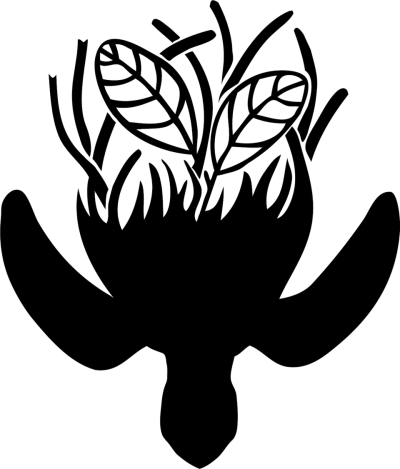News
WildMarsh is seeking collaborators and field sites!
We’re preparing a Europe-wide study for spring/summer 2026 to explore …
Subtidal reefs in temparate seas increase food web complexity and ecosystem stability
What happens under the water surface when we restore temperate …
Field project Marine Science Texel 2025
Last week, we had a wonderful field week on Texel with …
Belitung fieldwork: The impact of green sea turtles on carbon dynamics in tropical seagrass ecosystems
How do green sea turtles influence sediment carbon dynamics in …
New paper: Temperature Drives Seagrass Recovery Across the Western North Atlantic
The results of our recent study reveal both the vulnerability …
“Streekholders meeting” and roe deer spotting at the exclosures
Can you spot the roe deer between our brand new …
Rewilding day – setting up muddy rewilding experiments
Last Thursday on #RewildingDay, our WildMarsh team was knee-deep (literally! …
New letter in PNAS: Risks of habitat loss from seaweed cultivation within seagrass
Lina Mtwana Nordlund about our new letter in PNAS: “Seagrasses …
Seascape connectivity – field workshop Curacao
Can coastal ecosystem recovery outpace the impacts of coastal development? …
Kenya workshop and Zanzibar visit
How to strengthen coastal #resilience in Kenya? —this was the …
